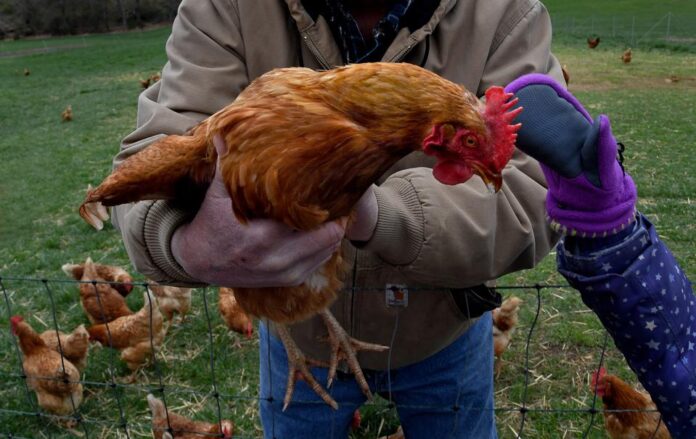People have long taken for granted that there will be the food they want, in abundance and easily obtained at the local supermarket. There isn’t usually much thought put into the food they buy and put on the table.
That is until a pandemic hits and suddenly they are limited in how many people can shop in the supermarket. In an even bigger blow, supply chains were disrupted and those shelves at the supermarket were mainly bare anyway. So, did people stop eating?
No, they simply started getting their produce from local farms. And their dairy and meat as well. Once people tasted the difference between food shipped from another continent and the local produce coming from their neighbors, they realized what they had been missing.
Now, small farms are making a comeback and are finally starting to do well after decades of decline. Here are the ways that small farms are taking advantage and may find themselves in good financial shape even after the pandemic.
Lots of incentives
The government has been trying to make life easier for farmers for quite a while considering how much they are relied upon. These incentives have kept them in business and they can now start seeing some better profit margins as a result of the extra business.
For instance, they can use a tax reduced off-road fuel red diesel for their machinery and save thousands of pounds per year. Instead of the usual 50 plus pence tax per litre, they pay only 11 pence.
In fact, just this year the UK government has laid out a plan to help small farmers transition to a new way of farming by giving them incentives to move to sustainable farming.
Being small helps
It’s actually to their advantage to be a small farming operation rather than a large one. For starters, they are more easily adaptable to a changing market. This was evident by how people turned to small farms for their fresh produce. A large farming concern would have difficulty changing their business structure to accommodate a sudden change like this. A small farm is more able to meet their customers demands since they are not so ingrained in a particular way of operating.
At the same time, they are able to adopt sustainable practices that still yields them a profit. They are able to work directly with the public and offer the types of produce that their customers want and grow it in a sustainable way. This is also very good marketing for them as people are looking for better farming practices and are happy to buy from those that use them. Growing in small plots means they can use organic treatment. Large farms require pesticides and herbicides to be able to manage large crops.
Lastly, being small means that there is a more personal relationship with the people growing the food. The customers are essentially the neighbors of the farmers and would rather give their support to them over a large conglomerate.







